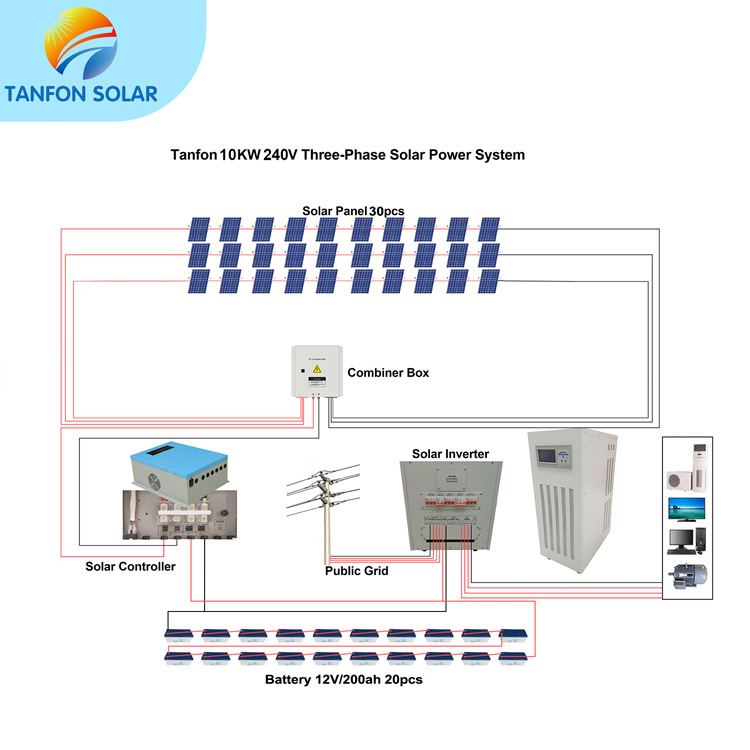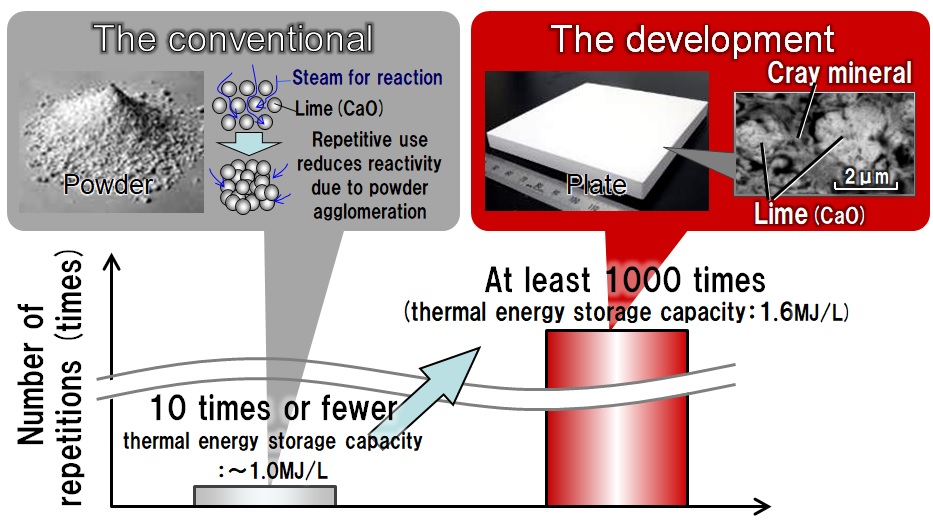
While solar panels might seem costly, it is worth it for many reasons. They are not only environmentally friendly but also provide great energy for your home and can even pay for themselves. Additionally, solar power offers tax incentives which make it attractive. This article will explain the costs of solar panels, and how to calculate their ROI. This article will hopefully help you make an educated decision.
Cost of solar panels
It is important that you keep several things in mind when comparing the cost for solar panels. The cost of equipment can make the total price more expensive. Equipment includes: solar panels, batteries and mounting hardware as well as inverters, inverters, meters, and wiring. The larger your solar system is, the more equipment it will need. There are also operating costs such as monitoring and inspections. While these may not be considered a part of the cost of solar panels, they do add up.
The number of panels you require will determine the price of solar panels. The price per panel can vary depending on how many you need. It depends on the manufacturer, overall size, and location of installation. It is important to note that many solar companies charge for their entire solar panel system including installation. SolarReviews.org can give you a more accurate idea of the price per panel. It provides detailed information from companies selling solar power in each state.

Payback period of solar panels
It is important that you understand the payback periods when purchasing solar panels. The calculation takes into account how much money you will save each year, after taking into consideration any tax rebates or financial incentives. For residential installations, your payback period is when you begin saving as much money as you spend on the panels. It is ultimately worth the investment to have solar panels installed, as the payback period for these panels is much shorter than what you might think.
Because the payback period of solar panels depends on the cost of electricity, you can expect to save hundreds of dollars every year. The payback period varies widely from state to state, but is generally eight to fifteen years, depending on the number of panels. A solar panel system can be paid for within eight to fifteen years after installation. In Canada, solar panels typically pay for themselves within eight to 15 years.
Tax incentives
You should look into federal tax incentives before deciding whether you want to install solar cells on your home. You can enjoy tax savings and make solar energy more affordable. The credits may not be available to all homeowners. While some states may offer a partial credit, others might not. Before you begin looking for the best solar energy system, it is important to understand what the federal tax credit is.
The benefits of installing solar panels are several. Solar panels can improve the value of your house. Potential buyers will be more likely choose your home if there is a lower monthly utility bill. You can also get a tax deduction on the value of your home by installing a solar panel system in some states. You will not have to pay local property taxes for a solar panel system costing $25,000, for instance. Solar incentives are available for businesses as well as residential installations. Businesses can use solar panels to provide energy to run their equipment. This tax credit is worth up to 30% of the installed cost of a PV system.

Solar panels' ROI
The ROI (return on investment of a solar panel) is dependent on many factors. They include the initial cost, interest rates, tax credits and rebates. Another factor is the amount of money saved on energy bills. These savings depend on how much electricity is available in the area where you live. Lower utility costs will lead to shorter payback periods. But, solar panels can still have a high return on investment.
Your ROI can be increased by increasing your energy production. The more solar panel you have, the more energy savings you'll make. By multiplying the estimated energy savings by solar panels' cost, you can calculate your return on investment. You will typically have a net cost for installation. The amount you save on your energy bills and money you save will be equal to the amount you save. If you're interested in knowing the ROI of solar panels, you can use a calculator to calculate the savings per Kilowatt.